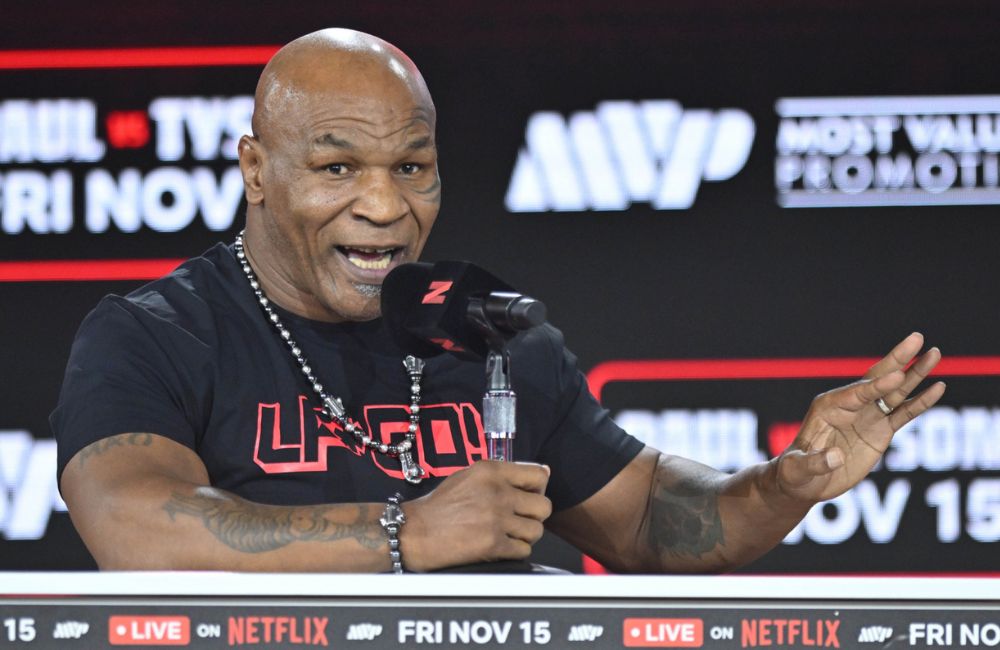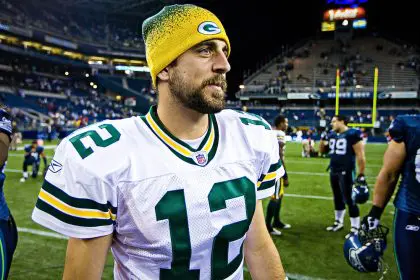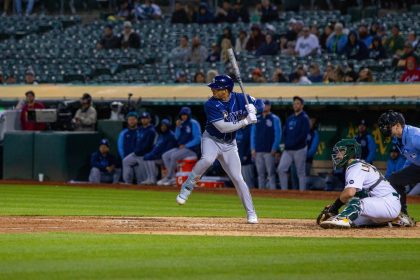Mike Tyson “almost died” in June. The revelation comes following his high-profile boxing match against Jake Paul, highlighting the extraordinary circumstances surrounding his return to the ring.
The 58-year-old former heavyweight champion lost in a controversial comeback fight against Jake Paul on Friday, Nov. 15, but had “no regrets” and wasn’t feeling too disheartened because he viewed being fit enough to get back in the ring a victory in itself after an ulcer forced him to postpone the bout, which had originally been due to take place in July. Medical experts note that severe ulcers can indeed be life-threatening if left untreated.
“This is one of those situations when you lost but still won,” Tyson posted on X on the next day. “I’m grateful for last night. No regrets to get in ring one last time.”
The post garnered over 500,000 likes within hours of being shared.
“I almost died in June,” Tyson posted. “Had 8 blood transfusions. Lost half my blood and 25lbs in hospital and had to fight to get healthy to fight so I won.”
According to medical professionals, losing half of one’s blood volume is considered a critical condition that can lead to organ failure and death if not treated immediately.
“To have my children see me stand toe to toe and finish 8 rounds with a talented fighter half my age in front of a packed Dallas Cowboy stadium is an experience that no man has the right to ask for,” Tyson posted. “Thank you [prayer emoji].”
AT&T Stadium, home of the NFL’s Cowboys, has a capacity of 80,000 and was nearly full for the historic bout.
Paul, 27, was quick to offer support to his opponent. The gesture demonstrated the respect between the two fighters, despite their age difference and different backgrounds in the sport.
Paul to Tyson: ‘It was an honor’
“Love you Mike. It was an honor. You’re an inspiration to us all.” Paul’s response reflected the generational impact Tyson has had on boxing, having inspired many current fighters during his prime years in the late 1980s and early 1990s.
After the fight, the social media star admitted he had gone easy on Tyson because he “didn’t want to hurt” him and deliberately didn’t push for a knockout when he saw his opponent was struggling in the ring. This revelation sparked debate among boxing purists about the integrity of the match.
Winner took it easy
Asked if he had eased off during the post-fight press conference, Paul said: “Yeah, definitely a bit. I wanted to give the fans a show, but I didn’t want to hurt someone that didn’t need to be hurt.” Combat sports analysts noted that such consideration is rare in professional boxing, where the objective is typically to win decisively.
“I tried to give the best fight I possibly could but when someone’s just surviving in the ring basically, it’s hard to make it exciting,” Paul continued, providing insight into the challenge of balancing entertainment with safety concerns.
“I couldn’t really get him to engage me or slip shots and do something super cool or whatever.” The admission highlighted the complexities of cross-generational boxing matches, where age and physical condition play crucial roles.
The fight and its aftermath have raised important questions about age limits in boxing, with medical professionals emphasizing the increased risks for older athletes, particularly those who have experienced recent health crises. Tyson’s near-death experience and subsequent return to the ring at 58 represents both the indomitable spirit of a champion and the potential dangers of late-career comebacks.
Industry experts suggest that Tyson’s health revelation could influence future regulations regarding medical clearances for veteran boxers, particularly those over 50. The boxing commission’s decision to allow the fight despite Tyson’s recent medical emergency has also become a topic of discussion among sports medicine specialists.














